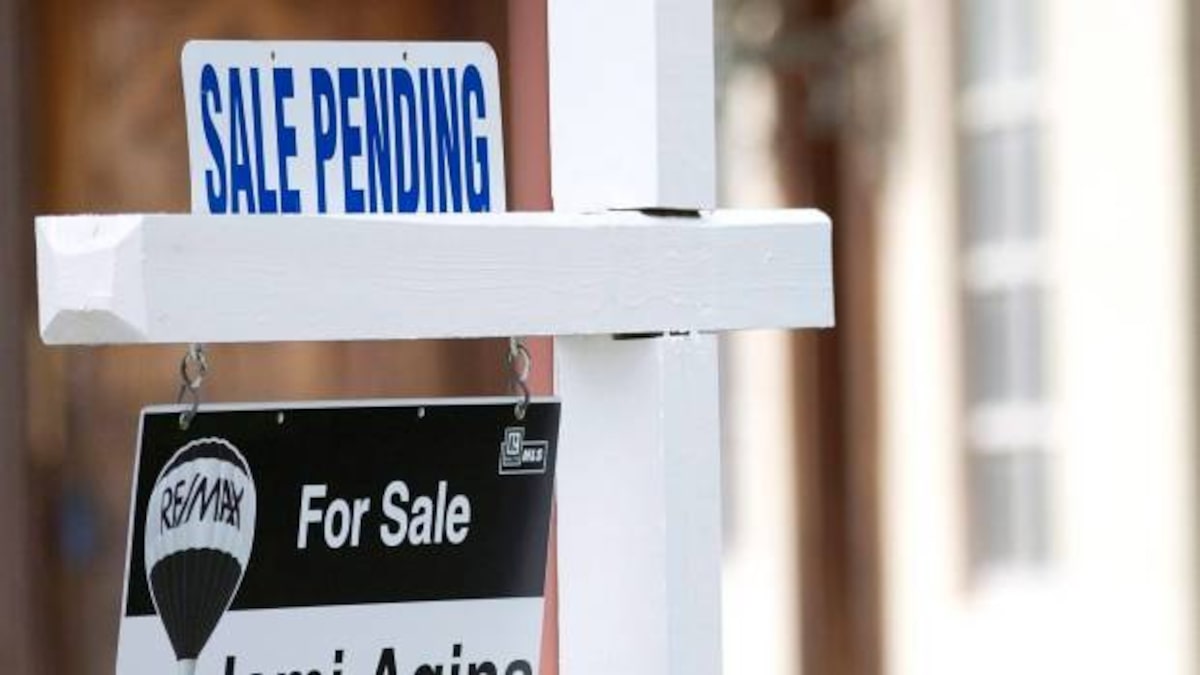- cross-posted to:
- [email protected]
STEAL THIS IDEA:
A 1% surcharge tax on the full assessed value of a single family home that is owned by a corporation. Each year, the tax increases at 2x the rate of inflation.
After two years, the tax applies to all individuals owning more than two single family homes (this allows for cottages and arrangements where family members own the homes where other family members live). After three years, the corporate tax increases at 3x the rate of inflation, then increases each subsequent year by a factor of +1. (4x the rate of inflation, 5x the rate of inflation, etc.).This unravels the business of owning single-family homes as rental units over time, to avoid shocking the market – as each home will cross over to be unprofitable at different times.
I don’t think that stops a market crash, any Corp seeing that bill pass would immediately sell their properties as it’s clear that it’s long term not viable and that the price of housing is about to fall.
I’ll cry no tears if a company sells a home to an individual at a discount. Businesses don’t screw themselves by selling profitable assets. Each property has it’s own schedule for when it will become a detriment to own, and they’ll hold it until it approaches that point.
The main profit from the housing market comes from price speculation, that’s why we are in this bubble, and why so many properties are actually unoccupied. As soon as something that seriously threatens that they will sell. Renting it out is just extra gravy.
My house is a duplex that was owned by a small corporation that rented it out before I bought it (and did some horrible horrible landlord repairs I might add). They bought in 2012 for 200K, I bought it for 650K in 2023, they claim to have charged a total of 3500 a month (IDK if they charged that amount for the whole 11yrs, but lets assume that’s the case to be generous) . That means the profit from selling over this period is roughly equal to revenue from renting. If you knew the value would return to 2012 levels (which is the goal here right) in less than a decade then you’d be a fool to give up the appreciation of your property for a few more years of rental income. That’s before you even factor in the direct cost of the tax.
Now maybe that shock is inevitable, and should happen anyway, but to say that this smooths the process at all is silly.
Housing cooperatives, condominiums, and other forms of social housing are corporations.
So are condo buildings, but they don’t own the single family homes, they administrate the common elements and owners of private portions.
Co-ops can be converted to condos if need be, or given an exemption if they fill a niche that’s advantageous.
Why convert Co-ops to condos? They are probably one of the most fair way of property co-ownership and management.
or given an exemption
Why exempt something that’s really good to begin with?
In Toronto and Montreal co-ops usually mean:
- not transferable
- can’t be sold or traded
- can’t be inherited
- can’t be sublet
- democratic board
- mandated participation
- (sometimes) mandated trade between units pending needs
Sounds like only pros compared to for-profit corporate, government or individual ownership.
You’re beginning to make me think that you don’t know what the word ‘exemption’ means.
Yeah, I think I’m misunderstanding something in your initial statement.
This is the best summary I could come up with:
The story over the past decade-plus has been a surge in the number of homes purchased by multiple-property owners, according to Teranet Inc., the private company that manages property registration records in Ontario.
Ms. Cheung notes that the share of those with 11 or more properties is down significantly from just a year ago, when Teranet reported that group made up 13 per cent of all multiowners.
“I have listed three condos for this one client – these are investments they’ve owned – because all of the sudden the rates don’t make sense,” said Andre Kutyan, broker with Harvey Kalles Real Estate.
Mr. Kutyan said he is also hearing from other clients who are looking to deleverage a property portfolio where rents don’t always cover the costs of mortgages.
Mr. Kutyan is seeing increasing interest from developers to sell leftover inventory on recently completed condo projects, and is currently marketing seven units from the prestige address of 1 Yorkville – a 58-storey Bazis International and Plaza Corp. building that was finished in 2021.
Even so, for those buyers calling him looking for fire-sale prices, Mr. Bibby said things haven’t yet gotten to the stage where any offer will be considered.
The original article contains 846 words, the summary contains 200 words. Saved 76%. I’m a bot and I’m open source!
Better people get the worm
Sucks to suck!



